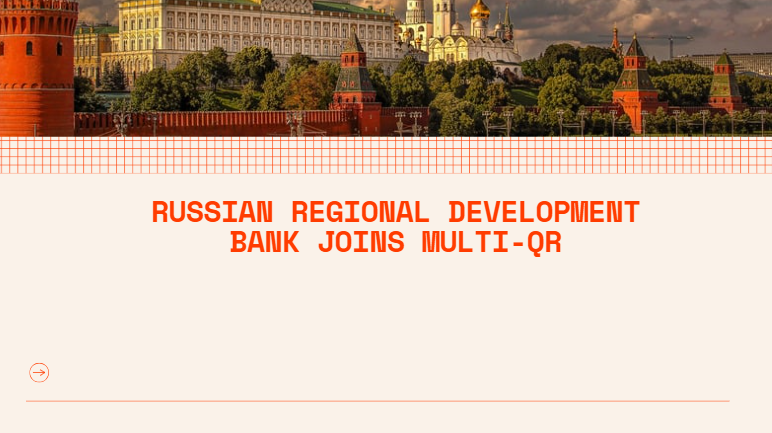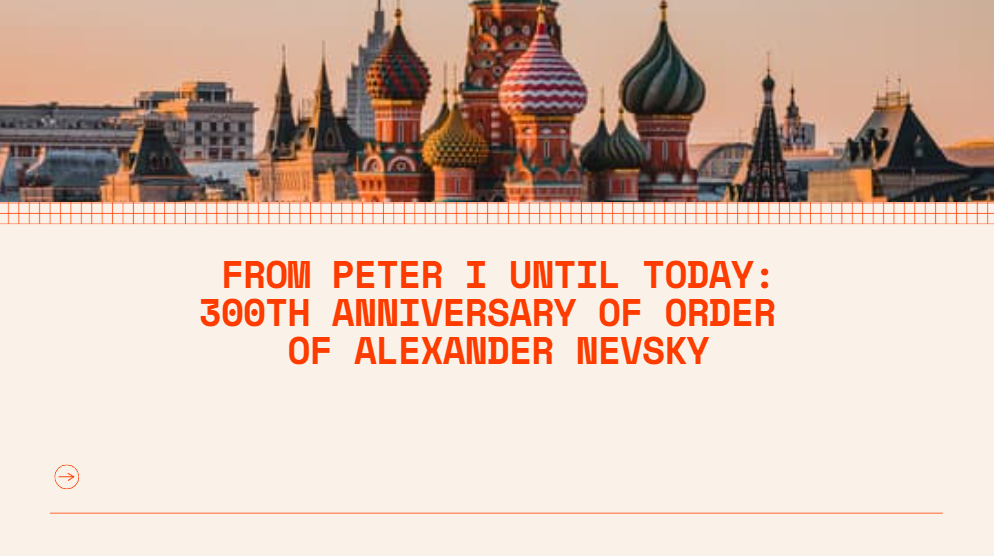Future of securities depository accounting: Bank of Russia proposals
The regulator proposes that approaches to the system for accounting foreign securities in Russia and to the interaction of domestic depositories with foreign counterparties when recording Russian assets should be revised in order to mitigate risks for investors and enhance their protection. The report Depository Accounting: a New Outlook on Familiar Things is submitted for public discussion.
In recent years, the Russian accounting system has faced serious problems when interacting with foreign counterparties, in part because different jurisdictions use different systems of admission of foreign securities to their accounting systems.
In Russia, investors act as owners of assets. However, other countries may have an indirect ownership model where the full scope of rights attached to a security is held by an intermediary (a nominee holder). In this case, the depository, which has opened an account abroad to record its clients’ foreign securities, rather than the investor, will be recognised as the owner of the assets.
The Bank of Russia proposes that only those foreign assets that are recorded in the same way as Russian ones should be admitted to the Russian market to be recorded by domestic depositories. If foreign securities are recorded in their home countries according to different rules, they may be traded in the Russian market as depositary receipts.
However, one cannot completely rule out the possibility that a foreign state may restrict the rights to its local securities for regulatory reasons. Therefore, the paper pays special attention to a depository’s liability to its client. The depository may be released from this liability if it proves that it has taken all available measures to restore the violated rights of the depositor and that it assessed the financial standing and business reputation of its foreign counterparty when concluding the contract.
As for the accounting of foreign investors‘ rights to Russian securities, the paper considers various scenarios. First, modernisation of the institution of a foreign nominee holder. This may involve either mandatory and regular disclosure of information about the owners of securities, or maintaining separate accounting records for them (segregation) when transactions of each investor are mirrored by Russian accounting institutions. Second, the paper proposes considering whether it is possible to no longer use intermediaries. In this case, assets will be recorded directly in foreign investors’ accounts with Russian depositories.
Suggestions on the paper are welcome through 1 July 2025.





















































First, please LoginComment After ~